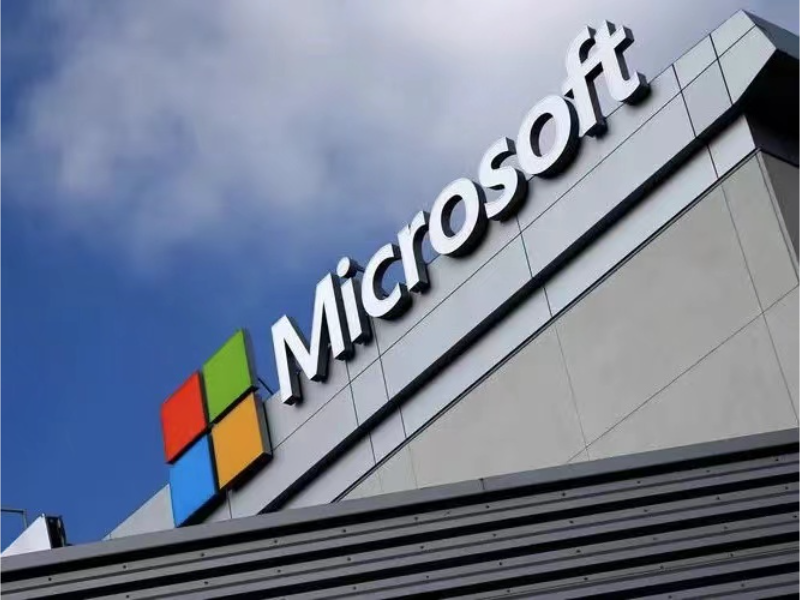- The Cloud Infrastructure Services Providers in Europe (CISPE) sends a delegation to Microsoft’s headquarters to verify its compliance with EU commitments
- The visit aims to ensure Microsoft is upholding its promises related to data sovereignty and European market rules
What happened: CISPE checks if Microsoft complies with commitments to EU regulations
Microsoft and the European trade body for Cloud Infrastructure Services Providers (CISPE) launched a technical summit last week to assess the progress Windows makers are making in making Azure Local available to hosts. According to an agenda seen by The Register, discussions began on Tuesday afternoon, following lunch, with an hour-long chat about the EU Data Act, which came into force at the beginning of 2024 and deals with the access to and use of data. The attendees were then set for an exhausting two hours of wine tasting followed by a well-earned dinner. Last Wednesday, December 4, was to be more serious, with almost two hours devoted to partner introductions and usage scenarios, just under an hour of repurposed presentations from Ignite about Azure Local, before 55 minutes discussing pilot updates and a half hour to wrap things up and discuss next steps.
This inspection comes after Microsoft made several promises related to data sovereignty, transparency, and the European cloud market. The visit was organized to ensure that Microsoft is honoring these commitments, which it made under pressure from EU regulators who have been scrutinizing the practices of major cloud providers. Key issues under review include data protection, market competition, and Microsoft’s ability to provide services that align with European laws, particularly in relation to the General Data Protection Regulation (GDPR).
Also read: Microsoft moves to stop M365 Copilot from ‘oversharing’ data
Also read: Microsoft suspends Windows 11 updates over eSCL glitches
What it’s important
This visit is not just about one company’s compliance with EU regulations; it reflects the broader ongoing tension between European authorities and the dominance of U.S. tech giants in the global cloud market. The European Union has been proactive in enforcing strict data sovereignty and privacy laws, exemplified by the General Data Protection Regulation (GDPR), and Microsoft’s commitments were made to address concerns over data privacy, market dominance, and fair competition. As more cloud providers are scrutinized, this move by CISPE could set a precedent for how regulators treat other large players like Amazon Web Services (AWS) and Google Cloud.
Smaller cloud providers in Europe are particularly watching this situation closely, as the scrutiny of Microsoft could open up more opportunities for them. For example, companies like OVHcloud, a French cloud service provider, could gain a competitive edge if Microsoft fails to meet its promises. OVHcloud, which emphasizes its commitment to local data protection laws, is positioning itself as an alternative to U.S.-dominated cloud providers in the region. As the EU continues to tighten its regulatory framework, smaller players with a strong focus on compliance may increasingly attract businesses that want to avoid the complexities and risks associated with large multinational cloud providers.

